When did you last have a sense of belonging? If you can’t answer or the answer is “more than a few months ago,” read on.
Belonging - what is it?
Do you know the feeling that you could show up wearing anything, call at any hour and ask any favor from someone? And that if they called, asked, or needed something you would say yes before they got to the end of the question? That’s belonging.
Do you have people in your life that you don’t have to think about how you say what you want to say with (like this weird sentence)? People you can lose your cool with that will still love you unquestionably? That’s belonging.
Is there someone you call your sister from a different mother? Someone you don’t see or talk to for years and then chat with as if you saw each other yesterday? That’s belonging.
Do you have colleagues or friends you can float the wildest ideas by without fear of being laughed at? Say it with me: that’s belonging.
Belonging is having a secure relationship with a particular group of people. When we feel like we belong we don’t think about how to behave, what to do or say or how to be. We can be fully and authentically ourselves. We feel relaxed and our mind is free to do other things. We are in a state of flow and time flies. Our mental load is lightened.
Why it matters
Humans are social creatures. Connection is in our DNA. We are born needing a community to survive and we rarely thrive on our own for long. Even self-proclaimed introverts need & benefit from community occasionally.
People need people, which is why expats that don’t find their tribe locally are more likely to be unhappy and speak negatively about their entire experience (including their host country & culture and other expats). Belonging is critical to our mental & physical health. A lack of belonging is even linked to depression, anxiety and suicide (source).
Don’t forget your kids
Belonging isn’t just important for adults. It’s also critical for the healthy development of our children. Children growing up between worlds with frequent transitions and changes may struggle more than monocultural children to feel like they belong anywhere. As parents we must focus our efforts to help them with this, as having a sense of belonging is an important element in the development of resilience – a key skill to thriving as an adult.
This quote from an 8th grade TCK shows us just how aware children can be of belonging (or not), excerpt from Lauren Wells, Raising up a Generation of Healthy Third Culture Kids:
![]() Belonging is being accepted for you.
Belonging is being accepted for you.
Fitting in is being accepted for being like everyone else.
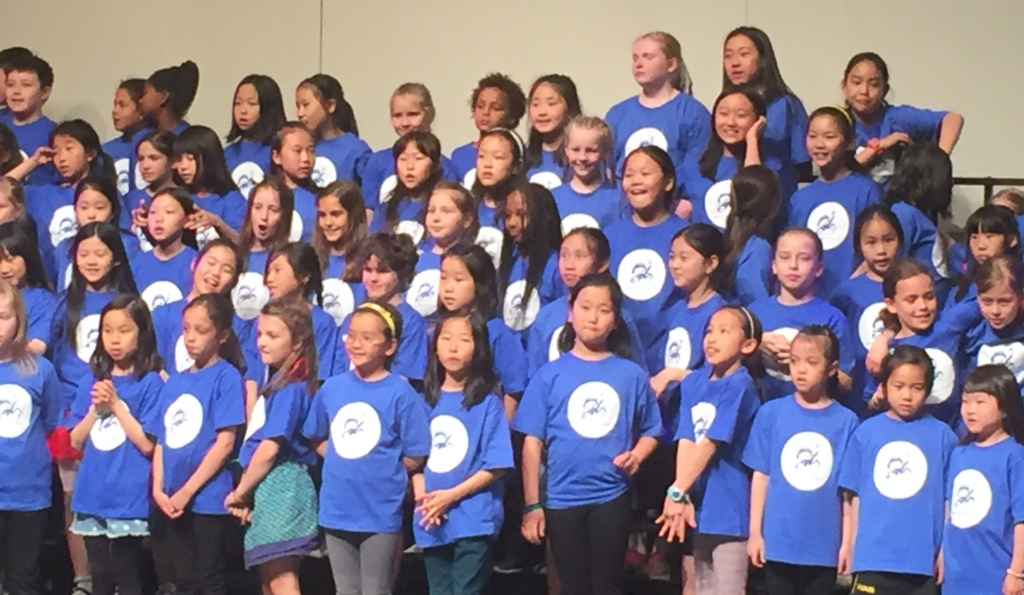
How do I create a sense of belonging?
It sounds so elusive, doesn’t it? But we can all get a little closer to the holy grail of belonging, it just takes time and effort, like most things worth waiting for. Ask yourself – When was the last time you really felt you belonged? What made you feel that way? How long did it take to get to that feeling?
I’ll bet it took time to feel connected to the group you’re thinking of. Most tribes are built over time through regular connections and shared experiences, by making memories or going through really hard stuff together. Tricky when you’re a global nomad and often on the move, isn’t it?
As expats we learn to adapt to the new situations we find ourselves in, we make do and sometimes we thrive in the new place. When this happens we may think the stars have aligned in our favor for once. But it’s not just fate and good fortune. Unless we’re isolated somewhere we actually have the power to create connections and build a sense of belonging ourselves: by showing up & showing an interest, by being curious and courageous we can meet and find “our people”.
Where's my tribe?
A tribe can be found in many places. Sometimes it’s the safe, familiar space of an expat bubble we retreat to (e.g. Book club). Maybe it’s something entirely new and unexpected that we try out on a whim and find ourselves drawn to (e.g. Chinese calligraphy). Perhaps it’s a duty that turns into a passion (e.g. volunteer work). Or it’s something we start that draws others to us (e.g. photo challenge). But it’s always about the people we encounter and finding those we “click” with.
The good news – in expat circles we often go deep very quickly because we know we won’t have a lot of time to slowly develop relationships, getting to know the nuances of someone’s personality over time. Go all in and enjoy the ride!
What about virtual groups?
The past year has taught me that not every tribe is found in face-to-face encounters. There is real value and support to be found in online groups as well. However, the same things apply – you should feel understood, supported and safe there. For example, a year ago I considered Facebook and WeChat groups a nice diversion. However, I have come to realize that more often than not there are real people in them, wanting to truly help and support others. Just because they can. But beware – these will not fill your needs and build a sense of belonging on their own. They can, however, be a wonderful, enriching addition to your support network.
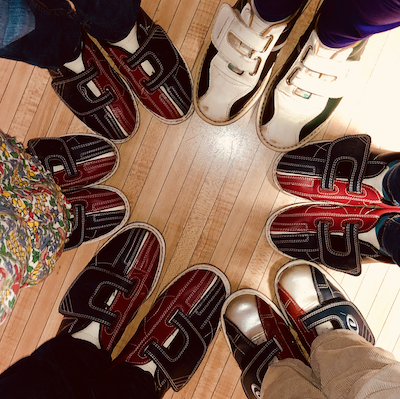
How can I help my kids find connections and build belonging?
There are two main areas to look at: belonging to a family unit beyond the insular one they are abroad with and finding belonging locally. Having a strong family identity gives children an understanding of where they stand and creates a deep sense of belonging within the family unit. This in turn will further positively impact their self-confidence and resilience. You can foster family ties through regular and consistent communication with family members, as well as intense times spent together in person, when possible. Sign up for my newsletter to get a list of fresh ideas for how to nurture and build these connections from abroad. You can also read more about staying in touch from a distance in this post.
To help our children build strong connections locally you may have to experiment until they find a group they click with. Upon arrival in Germany our children tried out a variety of clubs and activities in an attempt to find groups they thought they could eventually belong to. You may need to host some really cool playdates or other activities to break down barriers if you’re new in town. Our daughter finally started a book club because she couldn’t find what she was looking for.
Be creative and patient. By understanding the importance of building their tribe you are already supporting your children. Listen to their ideas and try to make them happen.
My advice to my kids and you is:
“Be you, be curious and don’t give up. Your people are out there, waiting for you, too.”
Your next steps
Where are you going to start building your tribe? What are your next steps for you? For your children? Comment below or send me a message. I’d love to hear your story.
What I can offer
If you would like support in discovering ways to build your community and connections, coaching can help. In fact, why not join a community of expats going through the same things and combine it with coaching? The group coaching program adapt.succeed.together. was designed with you in mind and will help you go from lonely to feeling connected, from insecure to confident. The three month program launches on 1. March. Read all about it here.
It’s an online community that includes coaching and I will challenge you to go out and meet people in real life – and then come back and tell me all about it so we can celebrate together. Join me!


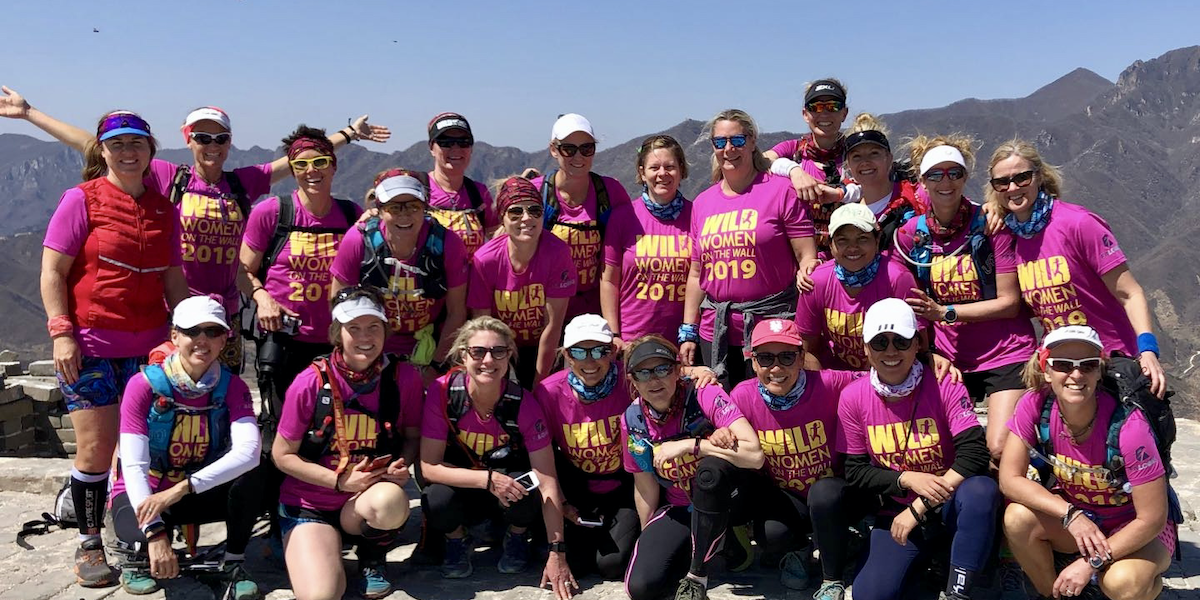

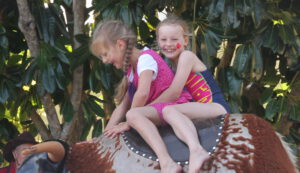
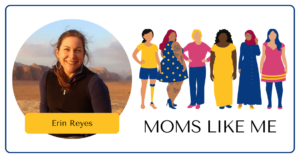
Pingback: 5 Expat Friendship Myths You Tell Yourself - Trainer, Coach & Mentor for Global Women and Families
Pingback: 7 Rewarding (Expat) Life Lessons I Learned from Running
Pingback: 2021 - A year for health and connection - Global Mobility Trainer
Pingback: Mini Breaks for Moms & Dads - Global Mobility Trainer
You are so right about belonging. Our friends fall into two groups, the ones before we moved way (friends from college/university) and the friends that we have made since then, int he last 20 years – the latter is our tribe. We have made similar choices. We’ve shared unique experiences in other countries. We get each other. But the nature of expat relationships means that we are all now separated, following many moves. The contact is great but we rarely meet. The challenge now is to make some new connections locally. It’s tricky during these times with restrictions about socialising but it’s not impossible.
It’s wonderful you manage to stay in touch with far-flung friends over the years. Those are valuable friendships. Lucky you 🙂